SUMMARY
This is AI generated summarization, which may have errors. For context, always refer to the full article.
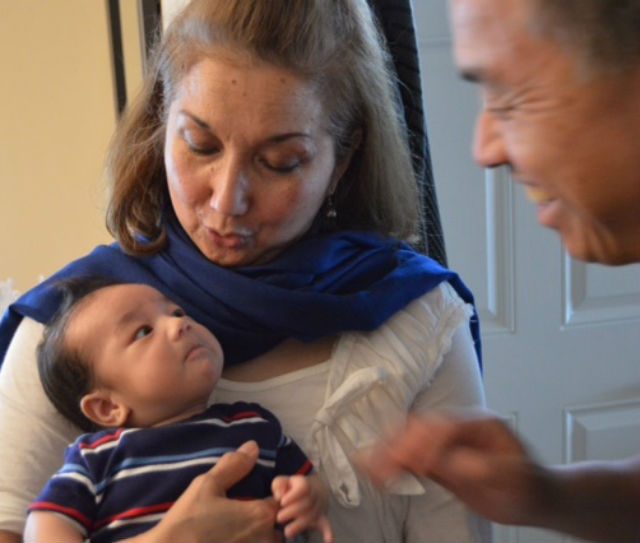
This year, Joaquin Miguel my grandson, celebrates his second Fourth of July.
Last year he dozed through the festivities like most newborns, cradled warm in the arms of doting elders.
This time he may pause from tireless cruising to marvel at the fireworks. He will likely be garbed in the Stars and Stripes and attend at least one gathering where drinks will flow, food will abound, and laughter will resound on the day marking freedom in this country of his birth.
Years from now Joaquin Miguel will realize why the day is special. He will grow up enjoying the privileges that come with being American – the right to speak up, pursue his dreams, choose whom to love and whether or not to have children, practice his religion or none – without fear.
His contemporaries in many parts of the world may enter adulthood unaware of such existence.
In China, they may have not more than two children.
In Russia, they would be detained for mocking their president at a rock concert.
In Burma, they could be massacred for worshipping outside Buddhism.
If they are female, chances are they will experience double oppression. Triple, if they are gay or disabled.
Until 1994 when multiracial voters elected Nelson Mandela president, apartheid was officially legal in racially segregated South Africa.
Over 3 decades ago, Joaquin Miguel’s paternal grandparents looked over their shoulders if they caught themselves uttering the slightest criticism of an official or relative or friend of anyone in the repressive regime headed by Ferdinand Marcos, who plunged the Philippines under military rule.
Freedom drove Joaquin Miguel’s grandparents and their son from their beloved homeland.
They sought a life free from repression by the very authorities who were supposed to serve and protect them. Martial law made monsters of those shielded by their titles, badges, guns and kinship to the dictators as they trampled on human rights.
Joaquin Miguel’s grandparents did not plan to come to the United States and never aspired to be “American.” But when an offer came for his grandmother to do what she loved overseas and write what muzzled colleagues she had left behind could not, they reluctantly parted with their loved ones for a long vacation in California.
Their greatest motivation was for their only child to enjoy equal opportunities minus the struggle in the homeland.
When the boy who would become Joaquin Miguel’s father declared a year after arriving that Daly City was now his home, the family reluctantly planted their roots.
They knew the United States of America is far from perfect. Its colonial beginnings did not extinguish its imperial ambitions. In the last two decades it has waged war to enrich a few. It does not deny spying on its citizens in the name of national security. Women get less pay for the same jobs performed by men. Racism endures, less subtly in particular states where even the first black president is a constant target – the list of U.S. sins is long and mindboggling.
Beyond the barbecue and fireworks
But this, too, is the nation where all children are entitled to free education. Here, citizens may express their ideas and opinions freely. They may join any political party, vote for their officials or run for public office. They are entitled to legal defense and a fair trial by jury. They can count on social security and federal health insurance in their later years. Public assistance is available if they meet the poverty threshold – which means they may receive food, medicine and medical attention including mental health treatments, if they are financially challenged.
Few countries focus as much on social justice or the equal distribution of wealth, opportunities and privileges as this one.
So despite its shadowy side, the United States continues to beckon people from all over the world who long to be free from fear and want.
Joaquin Miguel will know from his grandparents how fortunate he is to trace his heritage to people on two shores of the Pacific who used their gifts for the greater good. He will be reminded that with privilege comes responsibility to pass on that fortune and use his resources to better the world. And that includes giving back to the land of his ancestors by honoring his origins.
Beyond the barbecue and after the fireworks, he will cherish belonging to a nation bound not by race or religion but of shared values of freedom, liberty and equality. He will be proud to be brown and grateful for his home of the red, white and blue. – Rappler.com
Cherie M Querol Moreno is a keen observer of the evolving Filipino American community in the San Francisco Bay Area, subject of her 30 years of reporting for and editing Filipino American publications. She founded and directs the family violence prevention nonprofit ALLICE Alliance for Community Empowerment and sits on the San Mateo County Commission on Aging. ‘Unbound’ is her long-running column which will now publish regularly on Rappler.
Add a comment
How does this make you feel?

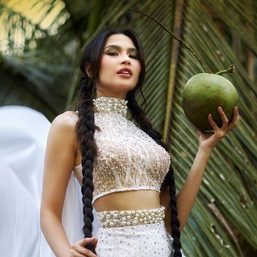
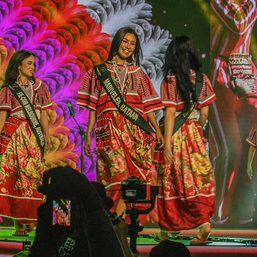
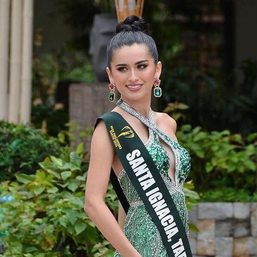
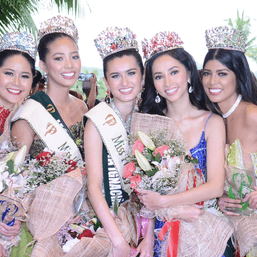
There are no comments yet. Add your comment to start the conversation.